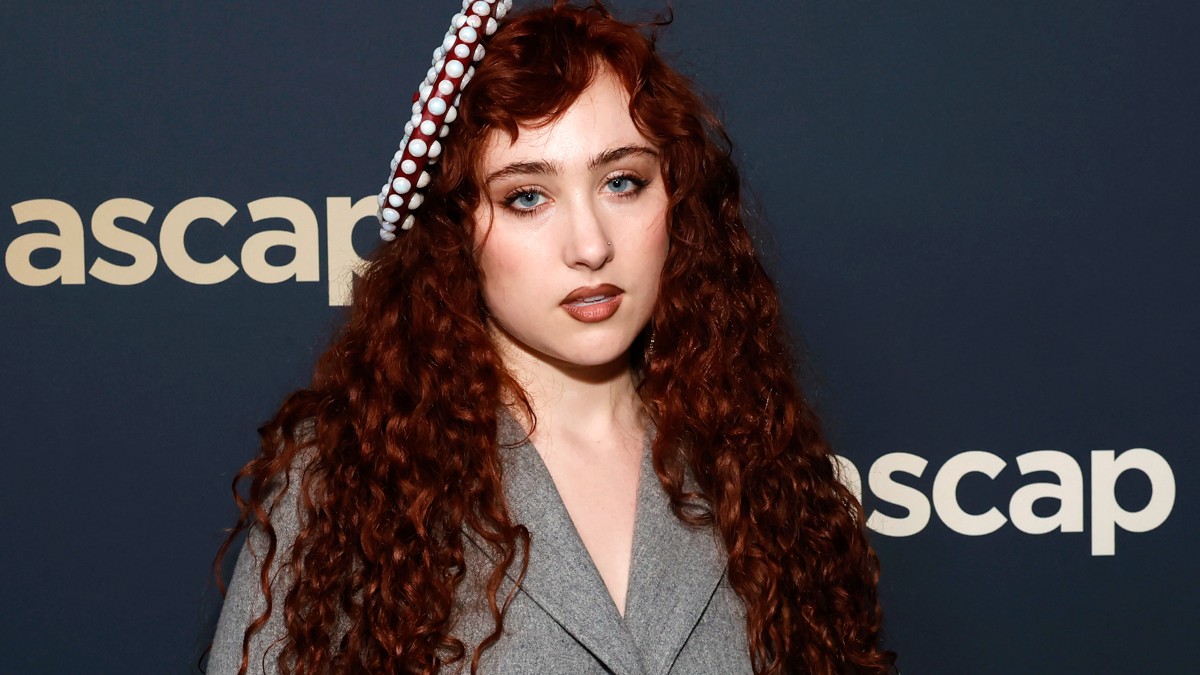Why Chappell Roan’s Inclusive Tour Is Sparking Backlash

Kayleigh Rose Amstutz, better known by her stage name Chappell Roan, has experienced a whirlwind rise to fame since launching her music career at age 17. However, some may be confused about why the singer has occasionally been labeled controversial.
Roan spent her childhood growing up in a small town in Missouri with her Christian conservative family. Her life changed at age 17 when she posted a YouTube video of her singing an original song. The video caught the attention of Atlantic Records, which offered her a record deal. At this point, she adopted the stage name Chappell Roan in honor of her grandfather, Dennis K. Chappell, whose favorite song was “The Strawberry Roan” by Curley Fletcher. Over the years, Chappell Roan has become more than a stage name, as she describes it as her “drag persona.”
Roan’s rise to stardom wasn’t easy, though, as she was dropped by Atlantic Records after her first EP failed to generate enough profits. Roan continued releasing music as an independent artist and was eventually picked up by Island Records, which released her first studio album, The Rise and Fall of a Midwest Princess. With a campy pop sound and a matching aesthetic, Roan has become a huge hit, as proven by a recent appearance on SNL. Meanwhile, she’s described how making the album allowed her to experience “complete freedom” and accept her identity as a queer woman. Since then, she has gone on to open for Olivia Rodrigo at Coachella and been hailed as a queer pop icon. However, her latest tour has been called “controversial.”
Why is Chappell Roan considered controversial?
There actually isn’t any real controversy surrounding Roan. However, she has experienced backlash online and has been labeled controversial for being an unapologetically queer woman and advocating for the LGBTQ+ community through her tour. Her celebration of drag has especially stirred controversy at a time when many conservative states are attempting to ban drag. On her tour for The Rise and Fall of a Midwest Princess, as anti-drag sentiments surged, Roan began hiring at least three local drag performers at every stop. She also frequently encourages her audience members to dress up.
After growing up in a small Midwestern town, Roan realized that Midwesterners are sometimes all lumped together, and there’s little recognition of the distinct LGBTQ+ communities in these states. In an interview with ABC, Roan said, “There are drag queens, there are people who are trans, there are massive queer communities that are just kind of hidden away in these teeny tiny towns. And I feel like that’s who my real community is, and I feel like that’s what the community feels like at the shows — all the people who maybe aren’t allowed to be out and proud all the time.” When Tennessee passed a bill prohibiting drag performances, Roan performed with drag openers in Nashville that same day.
She has also been vocal about supporting trans rights and pointing out how the anti-drug arguments are really attempts to attack the trans community. On top of that, Roan revealed that she donates a portion of her proceeds from her tour to the trans-led collective For the Gworls. She told Teen Vogue, “It’s not about kids, it’s about attacking trans people. It’s a lot less about protecting children and a lot more about harassing trans people, or people who wanna dress how they wanna dress. It comes from a lot of fear and a lot of confusion and hatred. Let’s redistribute our fund to the trans community right now. Let’s make sure our trans community is okay on rent. Let’s have each other’s backs right now. Let’s be safe and watch out for each other. Give with your heart but also give with your wallet and your time.”
Unfortunately, her music, inclusive performances, and advocacy for the LGBTQ+ community through her tour have led her receiving backlash and online hate. She has opened up several times about experiencing hatred online. Fortunately, Roan has confirmed she doesn’t let the hate get to her. When describing how she deals with trolls, she explained:
Report and block. I’m not dealing with it. I don’t have to, I can’t read them anymore. It really makes me upset because people will attack. I don’t care if they attack the music or whatever. It’s art. It’s supposed to be critiqued, but it’s when they attack me as a person or the audience in the video. You don’t need to do that when they come for your character, it’s way out of left field.
Although her tour has sparked backlash and been falsely labeled controversial, Roan continues to be unapologetic in embracing her identity and advocating for the LGBTQ+ community.
Have a tip we should know? [email protected]